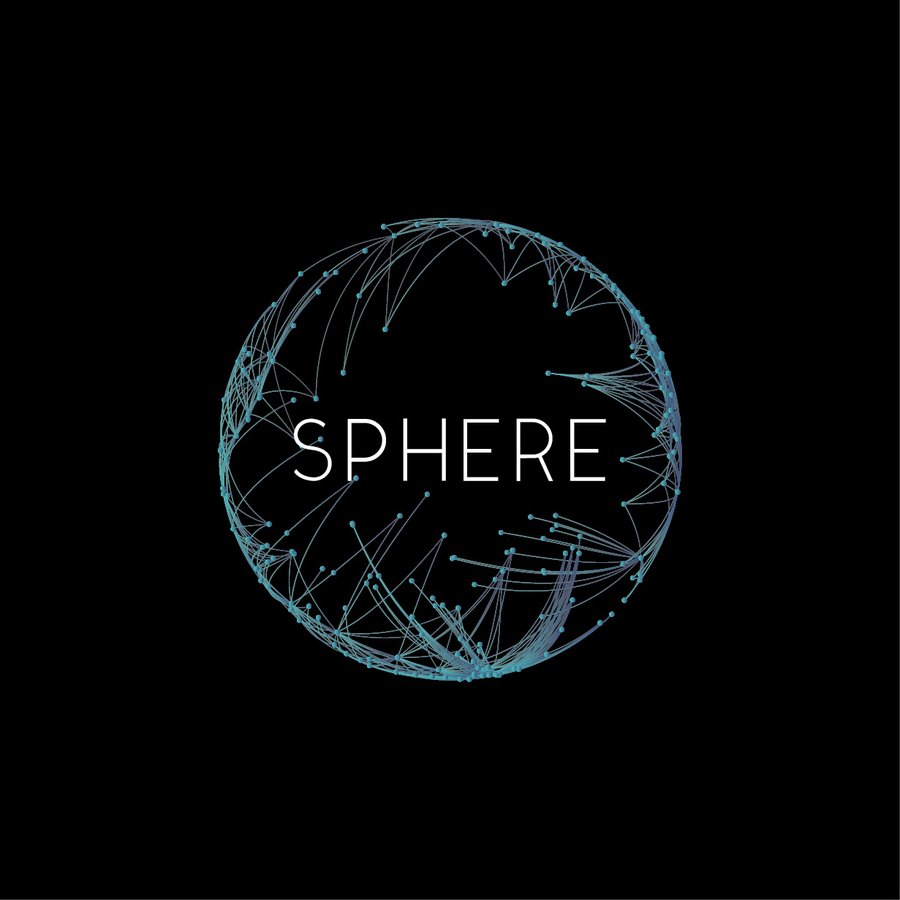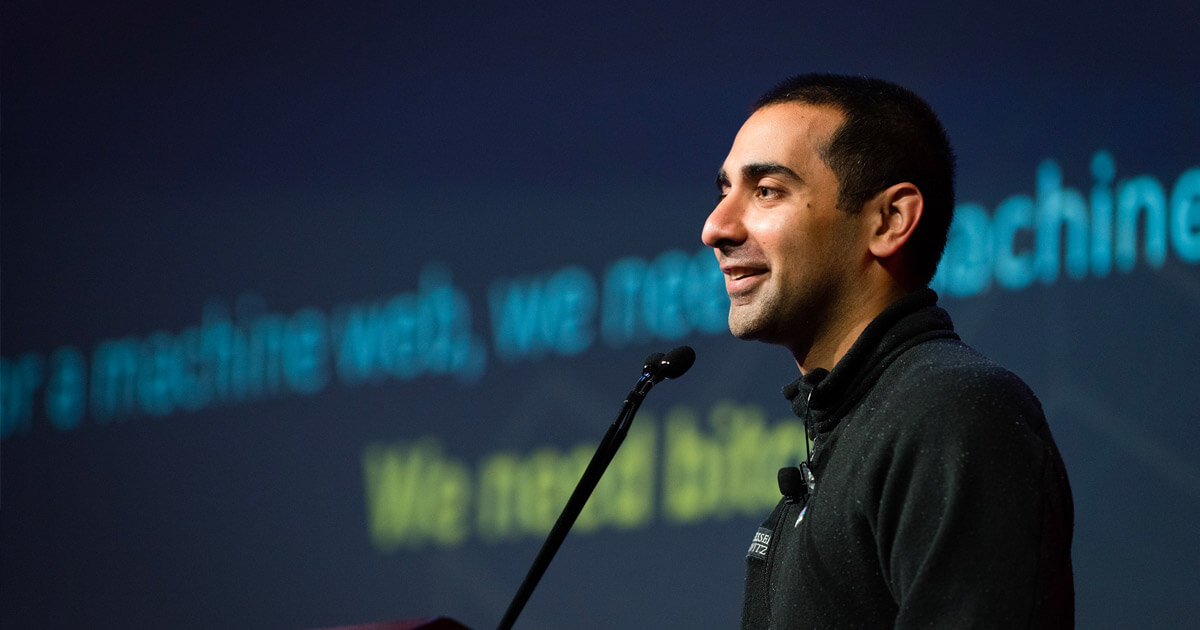The Complicated Process of Crypto Inheritance

- Investors in traditional brokerage houses are allowed – and in some cases even required – to list a beneficiary on their account
- Major crypto exchanges each have slightly different protocols in place for transferring ownership of crypto assets after a user’s death, but none are as efficient as the beneficiary designations used in TradFi
When Jason O’Toole’s 18-year-old son, a crypto investor, died unexpectedly of acute leukemia, the grieving father hadn’t expected to take on the burden of an extra stage of grief: paperwork.
With his son’s death certificate, O’Toole was able to retrieve his son’s 401(k), bank account balance and last paycheck. But a year later, O’Toole is still struggling to withdraw his son’s crypto from Coinbase.
Coinbase, along with all major crypto exchanges, does not allow users to name account beneficiaries, while traditional financial brokers do.
This forces bereaved families to submit numerous documents and potentially go through a legal process to receive their loved one’s digital assets.
Traditional finance and its beneficiaries
Investors in traditional brokerage houses are allowed – and in some cases even required – to list a beneficiary on their account. In the event of the investor’s death, the beneficiary inherits the account holdings once they can verify their identity and the death of the account holder.
Beneficiary designations allow investors to choose who they want to inherit their assets, especially if they don’t have a will. Such agents can also allow beneficiaries to receive assets without having to go through a potentially lengthy and expensive probate process.
Each crypto exchange has slightly different protocols in place for transferring ownership of crypto assets after a user’s death, but none are as effective as beneficiary designations.
At Kraken, heirs must submit a request and submit the documents the exchange deems necessary. Kraken asks users to include their Kraken public account ID in the will to make the process easier.
Binance has a similar opaque process that is handled on a case-by-case basis.
Coinbase lists the necessary documents on its website, but it requires a will or probate documents to transfer assets. An exchange representative said Coinbase does not charge fees for transferring account ownership.
FTX reserves the right to demand a court order establishing legal ownership of a deceased user’s account.
“As a user, if I want [to inherit cryptoassets from an exchange], I basically have to have my lawyer reach out to their legal team, and from there it’s a completely opaque process for me,” Alan Long, CEO of crypto legacy service Sequel Finance, told Blockworks. “There’s nothing really established from either exchange.”
Crypto exchanges can still do more
For people like Jason O’Toole’s son, who didn’t have a will, crypto-inheritance is handled at the discretion of the government through the probate process, which typically gives assets to a person’s spouse or children.
It is unclear why exchanges have not adopted receiver systems.
“There is nothing about crypto that would make it bad for what we would call a ‘payable on death transfer’ just like we name a beneficiary of our Fidelity account,” said Bridget Crawford, a professor at Pace Law School. “It is only [that] someone hasn’t thought of that yet.”
Distribution of assets after death is still an evolving concept for crypto traders — the majority of whom are younger than 29, according to a Pew survey. The industry has been around for less than 15 years; as crypto (and its participants) age, the market should push exchanges to add a receiver option.
“I don’t think there are bad intentions either [exchanges] actively thinking about it and rejecting it,” Crawford said. “I think they just haven’t thought about it and when they do, they’ll say ‘yeah, of course we want to’.”
FTX, Binance, Coinbase and Kraken sent Blockworks their legacy processes but declined to comment on their options.
Get today’s best crypto news and insights delivered to your inbox every night. Subscribe to Blockworks’ free newsletter now.


























